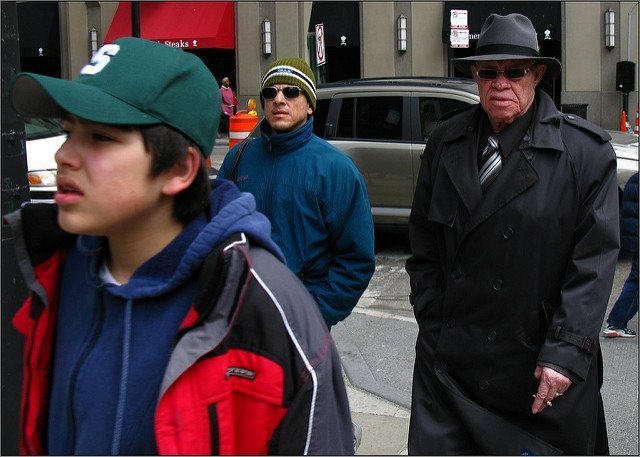Gathering an Organization
In all stories and in real life, there are many different organizations and factions that exist to fulfill goals for its members and others. Without these divisions of power, the world would fall into total anarchy. Organizations can be as large as an empire, or as small as a traveling party. They can provide intrigue to your party, based on each characters opinion of the group, or their association with them, be it positive or negative. This can be taken one step further with how some organizations deal with others.
Types of Organizations
There are many different types of organizations that can be created. Below are some common types, however, don’t feel like you have to stick with just one, there are many examples of Secret Religious factions. Every country is likely to have a Governmental Military of some sort.
- Religious – From grand worldwide religions to town-size cults, Religious organizations can create some interesting dynamics in a world, and feed into a session’s plot. Some religions may have more power than governments in terms of Members, or loyalty.
- Governmental – Governmental agencies and organizations can scale from a small rural town, to nation-wide. To add complexity, lots of large-scale governments are subdivided into smaller local agencies. This can play interestingly in a “pass the buck” scenario within a game session.
- Secret – Some sects have secret agenda’s or rituals. In most pop-culture secret societies usually have nefarious goals, however, this does not need to be the case. Think of the Medjai in The Mummy movies (1999). Although they originally start out as antagonists, it is discovered that their goals are the same as the main characters.
- Criminal – organizations that can focus on Crime can be a regional gang, or more complicated, like the Corleone’s in The Godfather. Many times, larger these syndicates that span cities run smuggling operations, which can provide easy plot hooks.
- Occupation – Unions, manufacturing groups, guilds, and Trade organizations. Occupational groups can build a lot into a player’s backstory.
- Military – Though most militaries are state-sponsored, and would be mostly standard over a nation, there can also be private militias.
Creating an Order
Creating an order can be done as in-depth as a Game Master needs it to be, but it can also be done in sections, and allowed to grow as the game continues, and more is learned about the league.
- Name – Naming an organization can be a lot easier than creating names of a town. Usually, they are loosely named off of a symbol, person, family, location or government.
- Agenda – The main goal (and other goals) of the organization. Be sure to determine which agenda’s are public, vs private. This can allow some leagues to have hidden plans or goals while creating a fake front, masking their true intentions.
- Influence – Influence determine’s a group’s social power. A group can be controlling a city mayor via blackmail, or the police chief may be a member of a secret society. Each city can have a different amount of power held over it.
- Resources – Wealth, Raw materials, weapons: resources can be a major factor in the amount of influence, and power.
- Affiliations – Groups can have relationships with individuals or other groups. Public affiliations could influence prestige or infamy. Alliances, Allegiances, and Rivals could be noted here as well.
- Notable Members – Consider who is the public figurehead, or if there are any secret members that you wouldn’t expect. Perhaps a traitor from another faction is a double agent selling secrets.
- Secrets – each organization has some sort of secret. Shady business dealings, illegal transactions, scandal (perhaps all in the past), that need to be swept under the rug.
As with individuals, giving organizations different personalities, and flair can make them much more memorable to the players. If goals align similarly, players may want to join some organizations or be compelled to take them down. Groups can even be coerced into helping a malaligned group.

